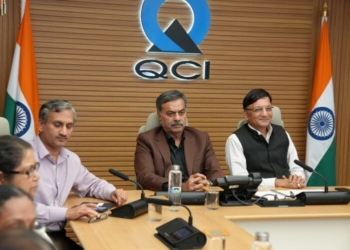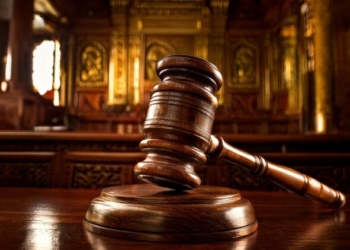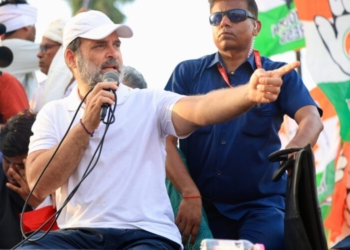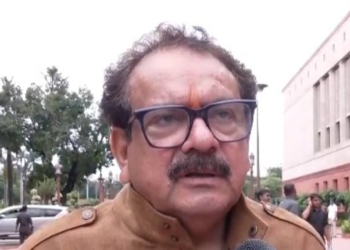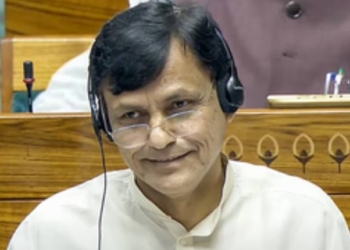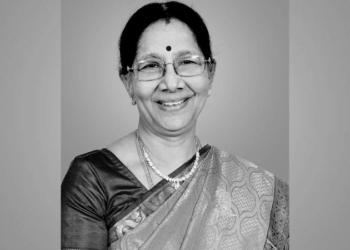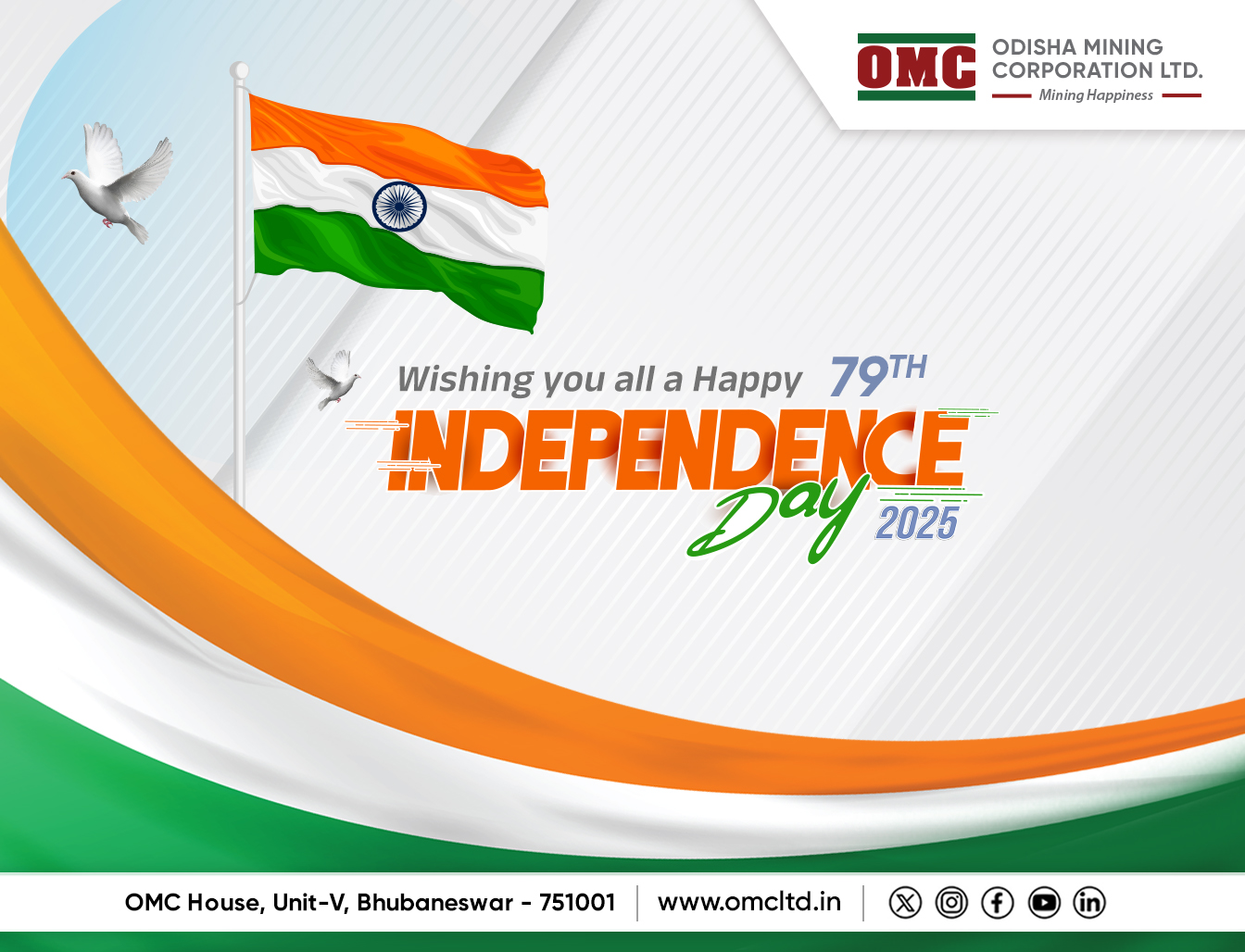New Delhi: The Supreme Court on Thursday said in the wide spectrum of powers of the Election Commission, if the poll panel exercises them unfairly or illegally as much as refusing to exercise power when such exercise becomes a duty, it would have a telling and chilling effect on the fortunes of the political parties.
It emphasised that it cannot allow the dilution of people’s faith in democratic institutions.
A five-judge bench, headed by Justice K.M. Joseph, said rule of law is the very bedrock of a democratic form of governance and it averts a democratic government brought to power by the strength of the ballot betraying their trust and lapsing into a government of caprice, nepotism, and finally despotism.
The bench added that an Election Commission which does not ensure free and fair poll as per the rules of the game, guarantees the breakdown of the foundation of the rule of law.
“Equally, the sterling qualities which we have described which must be possessed by an Election Commission is indispensable for an unquestionable adherence to the guarantee of equality in Article 14. In the wide spectrum of powers, if the Election Commissioner exercises them unfairly or illegally as much as he refuses to exercise power when such exercise becomes a duty it has a telling and chilling effect on the fortunes of the political parties”, it said, while holding the Chief Election Commissioner (CEC) and Election Commissioners (ECs) would be appointed by a panel of the Prime Minister, the Leader of Opposition and the Chief Justice of India.
The bench added that inequality in the matter of treatment of political parties who are otherwise similarly circumstanced unquestionably breaches the mandate of Article 14 (right to equality) of the Constitution.
It stressed that CEC and ECs stand on “a far higher pedestal in the constitutional scheme of things having regard to the relationship between their powers, functions and duties and the upholding of the democratic way of life of the nation, the upkeep of Rule of Law and the very immutable infusion of life into the grand guarantee of equality under Article 14”.
The bench said Article 324(2), does not provide for consultation with any one and it appears to place the power to make appointments, exclusively with the executive as the President is bound by the advice of the Prime Minister. “However, it is precisely to guard against the abuse by the exclusive power being vested with the Executive that instead of a consultative process being provided, Parliament was to make a law,” it added.
Stressing on the need for an independent CEC and ECs, the bench said: “Holding the scales evenly, even in the stormiest of times, not being servile to the powerful, but coming to the rescue of the weak and the wronged, who are otherwise in the right, would qualify as true independence.”
The bench, also comprising Justice Ajay Rastogi, Aniruddha Bose, Hrishikesh Roy and C T Ravikumar passed unanimous 378-page judgement on petitions filed by Anoop Baranwal, Ashwini Kumar Upadhyay, NGO Association for Democratic Reforms and Dr Jaya Thakur seeking an independent mechanism for appointment of CEC and ECs.
However, Justice Rastogi, in his separate and concurring judgment on setting up of a panel of PM, LoP and CJI for appointment of CEC and ECs, said it is desirable that the grounds of removal of the ECs should be the same as that of the CEC like a Supreme Court judge through impeachment process.
Justice Rastogi said: “As a constitutional court of the world’s largest democracy, we cannot allow the dilution of people’s faith in democratic institutions. The country gained and adopted democracy after decades of struggle and sacrifices, and the gains received by us cannot be given away because the institutions still continue to operate in an opaque manner.”
He added that now that the court has held that the right to vote is not merely a constitutional right, but a component of Part III (fundamental right) of the Constitution as well, it raises the level of scrutiny on the working of the Election Commission of India, which is responsible for conducting free and fair elections.
“As it is a question of constitutional as well as fundamental rights, this court needs to ensure that the working of the Election Commission under Article 324 facilitates the protection of people’s voting rights,” he said.
(IANS)




